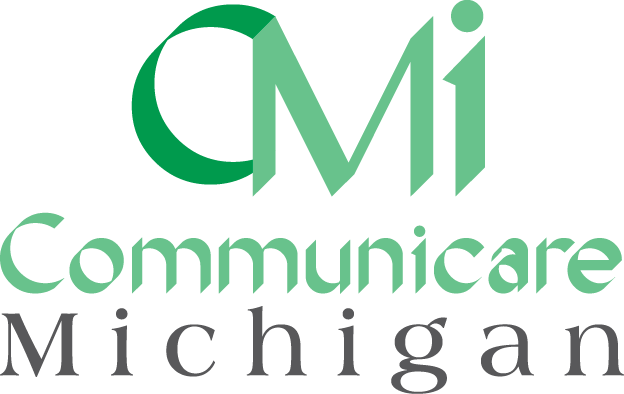The Crucial Connection: Traumatic Brain Injuries and Mental Health
May is Mental Health Awareness Month, a time when we recognize the importance of mental well-being and work to reduce the stigma surrounding mental health. This year, we want to shed light on a specific population that often faces unique challenges in this area – individuals with traumatic brain injuries (TBIs). Traumatic brain injuries not only affect physical health but also have a profound impact on mental well-being. In this blog post, we will explore the critical connection between mental health and traumatic brain injuries and highlight the importance of addressing both aspects for a comprehensive recovery.
Understanding Traumatic Brain Injuries:
A traumatic brain injury occurs when the brain experiences sudden trauma due to a blow, jolt, or penetrating injury to the head. This type of injury can result from various incidents, such as falls, car accidents, sports-related injuries, or combat injuries. The effects of a traumatic brain injury can range from mild to severe, and they can impact various cognitive, physical, and emotional functions.
Mental Health Challenges Following Traumatic Brain Injuries:
The impact of a traumatic brain injury on mental health cannot be overstated. Many individuals with TBIs experience emotional and psychological difficulties that can significantly hinder their recovery process. Common mental health challenges associated with TBIs include:
Depression and Anxiety: It is not uncommon for individuals with TBIs to experience symptoms of depression and anxiety. These conditions may arise due to the sudden change in life circumstances, loss of independence, cognitive impairments, or social isolation that can accompany a brain injury.
Emotional Instability: TBIs can disrupt the brain's ability to regulate emotions, leading to mood swings, irritability, anger, or emotional outbursts. These emotional changes can strain relationships and hinder social reintegration.
Post-Traumatic Stress Disorder (PTSD): Some individuals with TBIs may develop PTSD, especially if the injury occurred in a traumatic event such as combat or a serious accident. The combination of physical trauma and emotional distress can contribute to the development of this mental health condition.
Cognitive Impairments: TBIs can affect cognitive functions, including memory, attention, concentration, and problem-solving abilities. These impairments can lead to frustration, decreased self-esteem, and challenges in daily life, potentially contributing to mental health issues.
Addressing Mental Health in TBI Recovery:
Recognizing and addressing mental health concerns in individuals with traumatic brain injuries is essential for a comprehensive recovery. Here are some key strategies that can help:
Collaborative Care: Healthcare providers, including neurologists, psychiatrists, psychologists, and rehabilitation specialists, need to work together to develop an integrated treatment plan that addresses both the physical and mental aspects of recovery.
Psychotherapy and Counseling: Therapeutic interventions such as cognitive-behavioral therapy (CBT), psychoeducation, and counseling can help individuals with TBIs cope with emotional challenges, develop healthy coping mechanisms, and improve overall well-being.
Medication Management: In some cases, medication may be prescribed to manage symptoms of depression, anxiety, or other mental health conditions. It is crucial to closely monitor medication usage and adjust treatment plans as needed.
Social Support: Building a strong support system is vital for individuals with TBIs. Friends, family, and support groups can provide emotional support, encouragement, and understanding during the recovery process.
Rehabilitation Programs: Engaging in specialized rehabilitation programs that focus on cognitive and emotional recovery can significantly enhance mental health outcomes for individuals with TBIs. These programs may include speech therapy, occupational therapy, and social skills training.
During Mental Health Awareness Month, it is essential to highlight the intersection of mental health and traumatic brain injuries. Individuals with TBIs face unique challenges that impact their mental well-being, alongside the physical consequences of the injury. By recognizing the crucial connection between mental health and TBIs, we can work towards comprehensive treatment and support systems that address the emotional and psychological needs of these individuals. Let us strive to promote awareness, understanding, and empathy towards those living with traumatic brain injuries, fostering a society that supports their holistic recovery.




